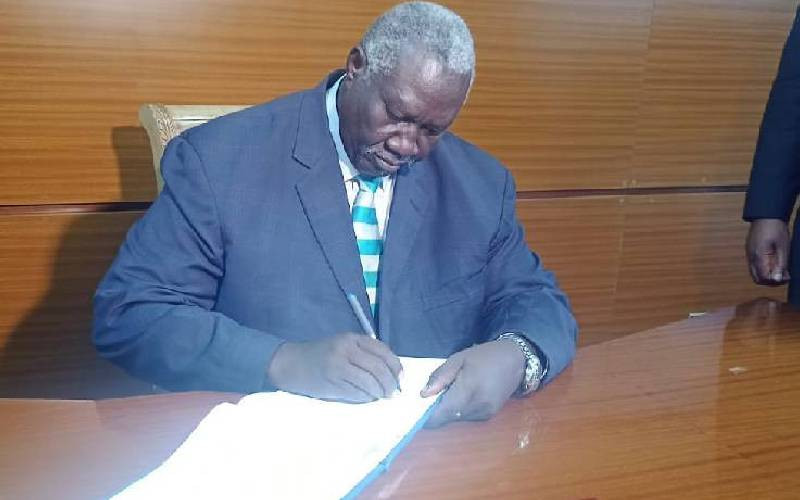×
The Standard e-Paper
Fearless, Trusted News

Kenya has been picked to spearhead the dialogue between warring factions in Sudan and take the conflict-ridden country towards a democratic political dispensation at the Intergovernmental Authority on Development (Igad) summit in Djibouti.
This means that Nairobi will begin hosting delegations of politicians, civil society, community-based organistions and opinion leaders to deliberate on returning Sudan to the democratic process.